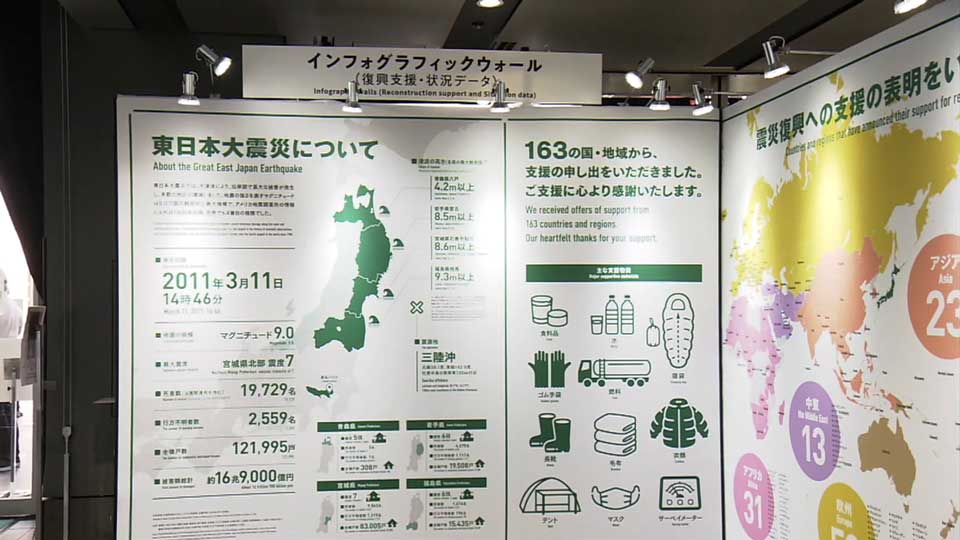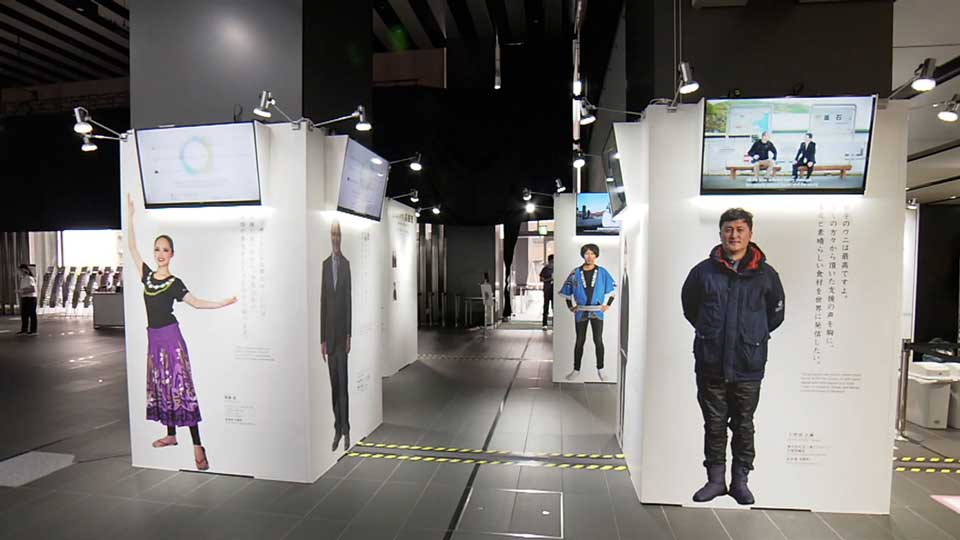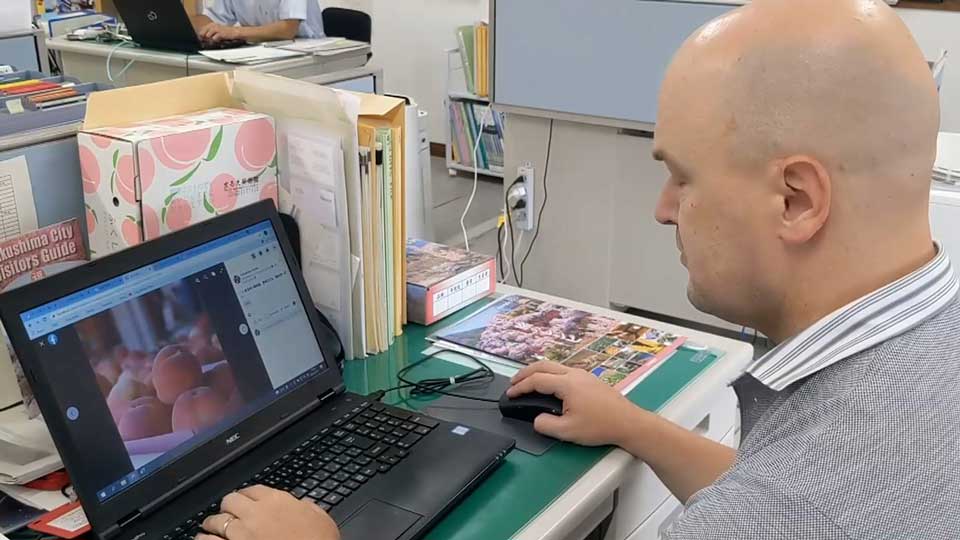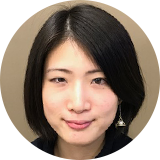Olympic organizers chose Fukushima Prefecture as the starting point for the torch relay early this year. But just five days before the event, a ban on overseas spectators for the Games was announced.
That was a blow for the Tohoku region, which had hoped to benefit from Olympic visitors. And residents had long wanted to use the opportunity to share their stories with the world.
All was not lost. The exhibit in Tokyo provided an opportunity to showcase some of the recovery. It highlighted how the region was able to rebuild in the years after the disaster, with help from people around the world.

"It was regrettable that we couldn't welcome foreign tourists," says Sato Nobuyasu, one of the organizers. "But we believed in the importance of having this event one decade on."

The exhibit included a selection of messages from local residents. One of them was from Andrew Coombs, originally from Australia. He arrived in Japan in 2006 to teach English in Nakajima Village, central Fukushima. Coombs fell in love with the area and stayed for several years, even after the disaster.
"I felt the place was like a second home for me, and it was difficult to leave at that time," Coombs says.
Determined to do something to help, he went back to Australia in 2014 and enrolled in an 18-month master's program in translation. After completing his degree, he returned to Fukushima and got a job promoting the area in English.

Although there were no crowds, Fukushima still hosted some Olympic events. Softball matches were played at a stadium behind closed doors.
Visiting teams were full of praise for their hosts. An American coach called the local hospitality "first class," while an Australian player said the recovery from disaster was "outstanding."
Coombs says it's those types of positive reflections that can help build interest in Fukushima: "The next time they hear the name, they may want to know more about the area, including agriculture, local residents, and beautiful nature."
And while the Olympics may be over, Coombs says he's already thinking of next steps: "I still have many ideas that I want try to promote the area. The pandemic bars international tourists but I keep moving forward."

